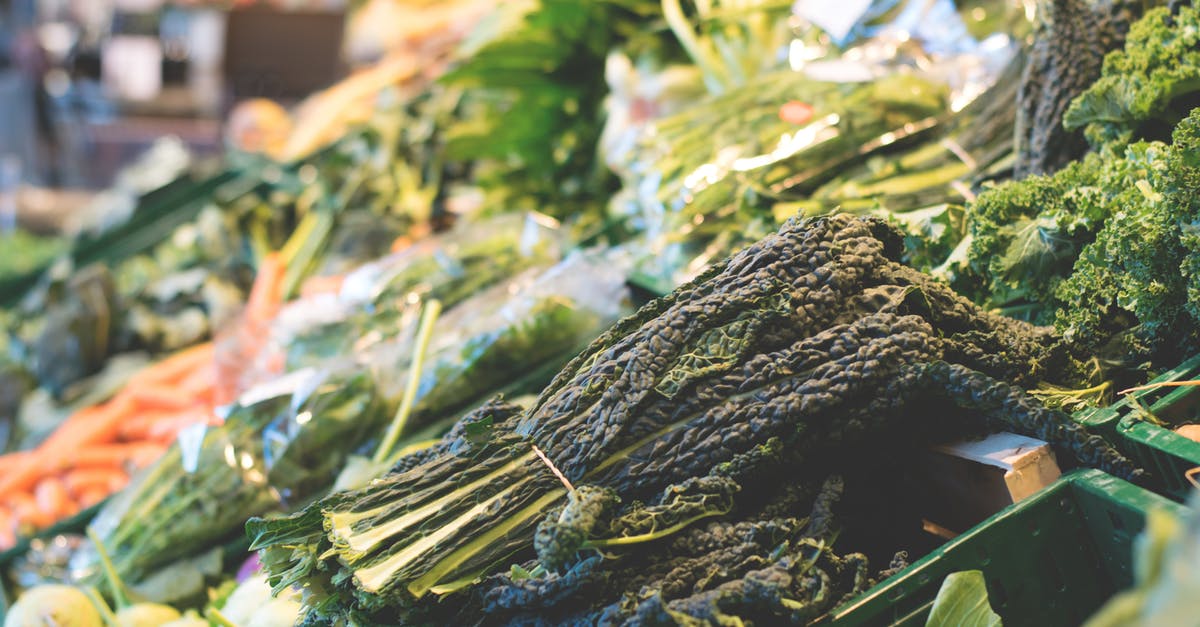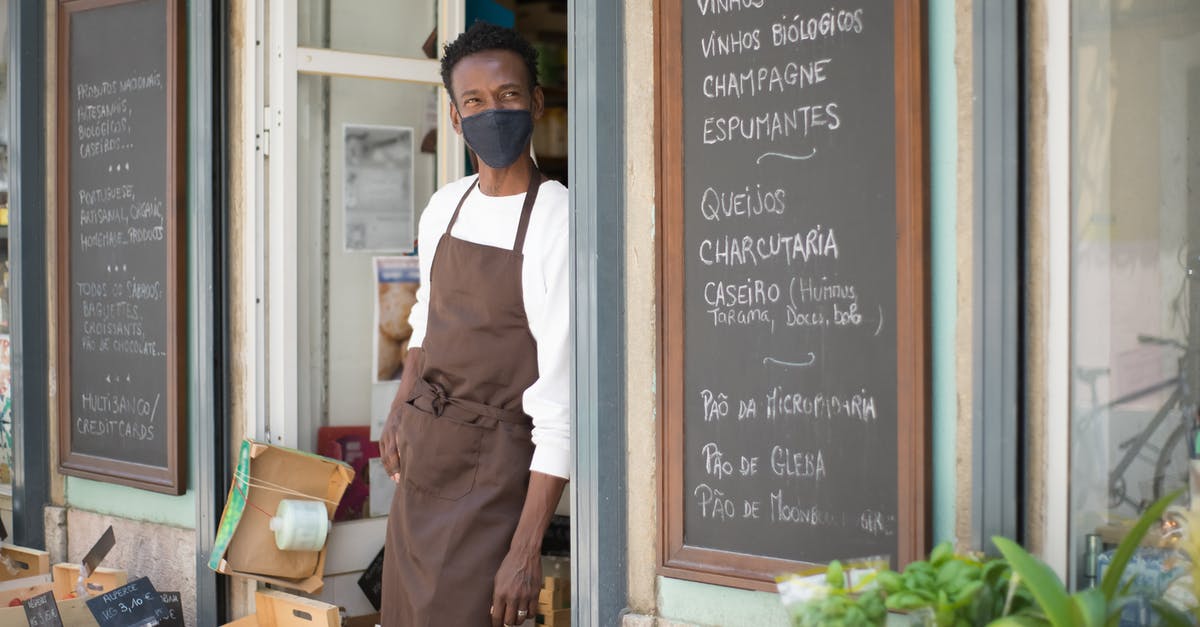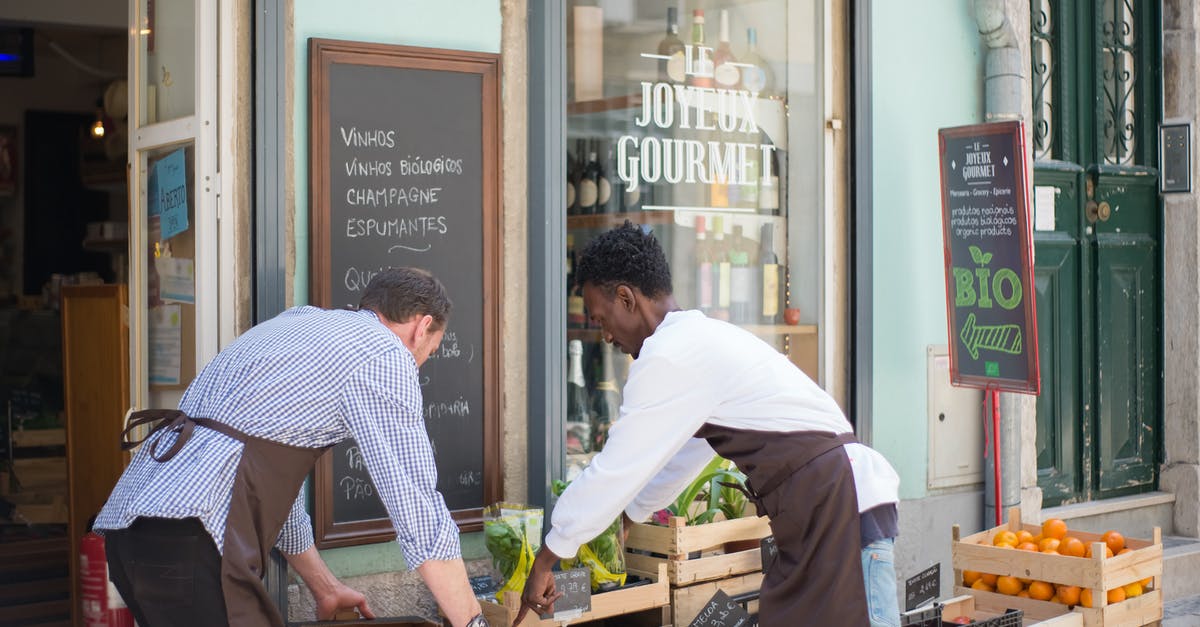Why are vegetables often left unrefrigerated at the grocery store?

At the large superstore, Real Canadian Superstore, closest to me, many of the perishables such as broccoli, carrots, etc. are stored just in bins without refrigeration. It is also the same for many stores of course, but I have chosen this store as one I know for sure follows these practices.
I imagine the temperature for storage of these vegetables is well within the "danger zone" of 4-60 degrees C.
Why is it that if I cook broccoli and leave it out for > 2 hours it is deemed unsafe to eat, but if I buy broccoli, carrots, etc. that have been sitting at the supermarket for > 2 hours it is OK to eat? Or is this not the stance of the FDA?
I often eat vegetables raw after buying them this way. Is this poor practice unless it has been stored safely the entire time until it makes its way to my refrigerator?
Best Answer
Oh, you haven’t read the food safety guidelines correctly. Not all foods are susceptible to quick bacterial or fungal growth and therefore need refrigeration to get them out of the danger zone. The fresh fruit and vegetables at the store are perfectly shelf stable for some time.
The reason why the cooked vegetables fall into “the 2-hour-max-rule” is that generally all cooked food are considered perishable. Just think of the lukewarm cooked food as a suitable breeding ground for whatever nasties happened to float in the air. The intact plant parts (root, fruit,...) are not.
A freshly harvested plant part is still alive to a degree, at least on a cellular level. Roots are able to regrow into plants if planted and fruit continue their ripening process. Even flowers (e.g. your broccoli) are, just think of them as cut flowers that open over days in a vase. The dying process leads to wilting, drying out or getting mushy - and the vegetable being unfit for consumption. The speed of this depends on the plant and the storage condition. If you choose to refrigerate your raw vegetables once you bring them home, you can slow it down: Just think of salad at room temperature vs. in the fridge.
When you cook the vegetables, you destroy cells and stop the cell metabolism - and make them suitable for bacterial growth. It’s also important to distinguish between safe and spoilt: it’s the possibility of bacterial or fungal growth that determines safety and the actual growth of them that determines spoilage.
So you can safely eat your raw broccoli, provided you wash it first and it’s in otherwise good condition, e.g. not mushy and mold-free.
1 Note that not all vegetables benefit from refrigeration.
Pictures about "Why are vegetables often left unrefrigerated at the grocery store?"



Why some vegetables should not be refrigerated?
Vegetables That Should Not Be Stored in the Refrigerator Store them apart from potatoes, as potatoes emit some ethylene that can cause the onions to sprout. Potatoes, taro, sweet potatoes, and yuca (cassava, manioc) should not be refrigerated.Can you leave vegetables unrefrigerated?
And remember to keep fresh produce away from any raw meat, poultry or seafood when preparing or storing it. Throw out any fruit or vegetables that are spoiled or that are left out at room temperature for more than two hours after they have been peeled or cut.Why are vegetables spoiled sometimes even at refrigerated temperature?
Microorganisms are highly adaptable to changing environments. These tiny beings 'adjust' themselves to fool us and survive under different temperature conditions. They not only survive there, but also multiply consuming the food causing spoilage and at times render them unfit for us and dangerous at times.Why are vegetables refrigerated?
For fruits and vegetables, the very chemical processes that cause plants to grow and ripen also cause them to rot. In effect, refrigeration helps save the plant tissue from itself. Keeping these foods at low temperatures dramatically slows this aging process.Are prepackaged vegetables at the grocery store healthy? | Gundry MD
Sources: Stack Exchange - This article follows the attribution requirements of Stack Exchange and is licensed under CC BY-SA 3.0.
Images: Lum3n, Kampus Production, Kampus Production, Kampus Production
